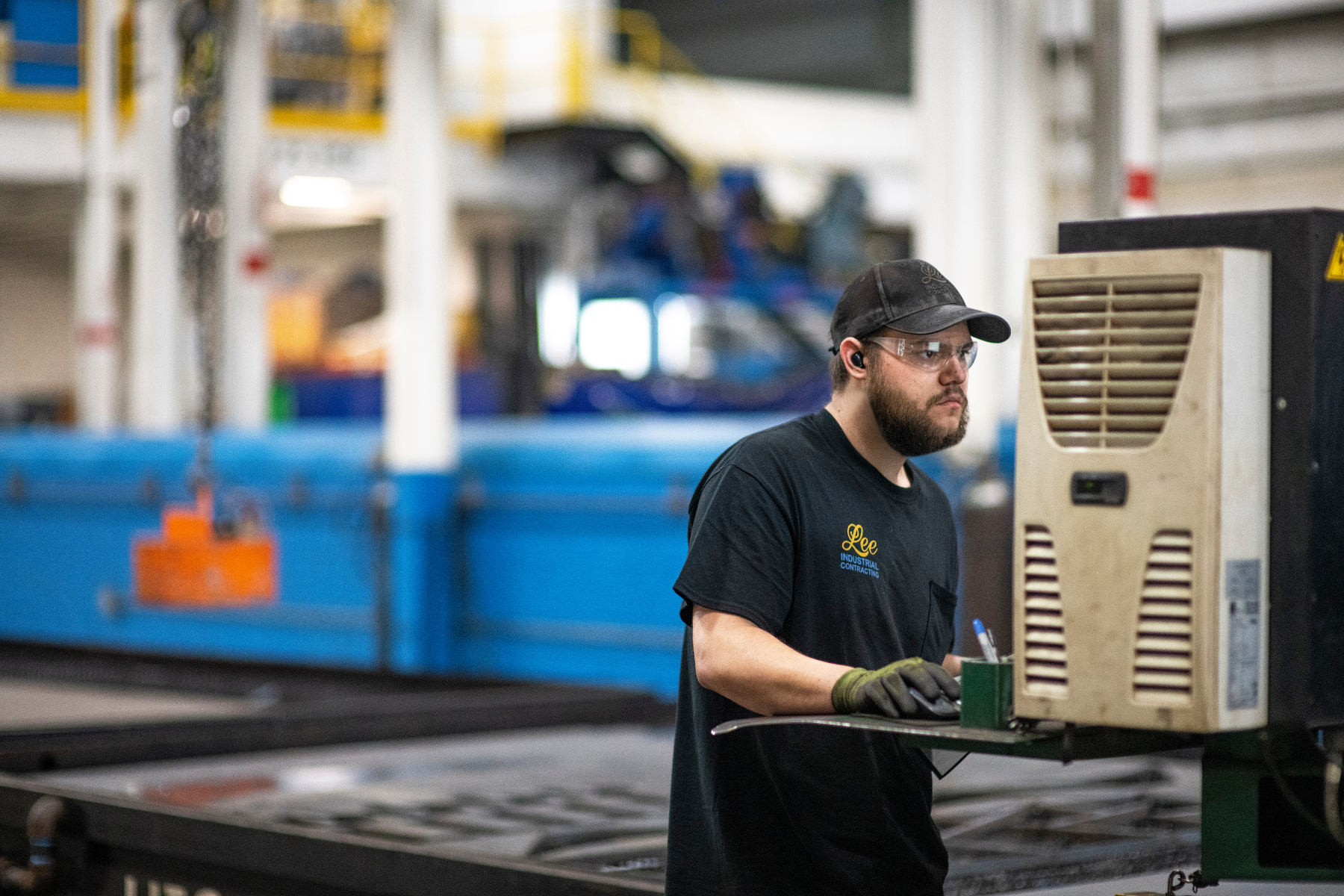
Industrial fabrication has entered a new era: one where machines don’t just assist humans, they redefine what’s possible. A team of robotic arms working in harmony. Automated guided vehicles gliding across factory floors. Computerized systems making split-second decisions to optimize efficiency. This isn’t the future – it’s the now.
For companies seeking industrial fabrication services, automation and robotics are reshaping operations. They bring increased precision, speed and safety to fabrication processes, allowing businesses to achieve more with less.
In this article, we’ll have a look at how these technologies are creating new possibilities for fabrication projects.
Why Industrial Fabricators Are Turning to Automation and Robotics
Automation and robotics are transforming how industrial fabrication services are delivered, resulting in a number of benefits for manufacturers, including:
- Consistency: With automation, tasks are performed precisely the same way every time, reducing the likelihood of errors commonly found in manual processes.
- Speed: Robotic systems accelerate repetitive tasks, speeding up production without sacrificing quality. Automated assembly lines can handle large-scale projects more quickly than traditional methods.
- Safety: Industrial environments typically involve risks such as exposure to extreme temperatures or dangers with heavy machinery. Automation reduces the need for human involvement in hazardous tasks, along with the potential for injuries.
- Cost: Automation can reduce costs by streamlining production processes, minimizing errors and increasing throughput, which leads to lower labor expenses and less material waste.
Applications of Robotics and Automation in Fabrication
Modern automation now goes beyond simple mechanization. It leverages advanced technologies such as AI, machine learning and real-time data analytics to make operations smarter and increase facility capabilities.
Here are some specific applications of modern automation and robotics:
Welding and cutting
Robotic arms equipped with precision tools can handle intricate welding or cutting jobs quickly and accurately.
Material Handling
Automated Guided Vehicles (AGVs) transport materials on a specified route through a facility while Autonomous Mobile Robots (AMRs) can recognize obstacles and change course automatically.
Custom Fabrication
Robotics can be programmed to create customized solutions, such as creating unique components with complex geometries while ensuring uniformity in high-volume production runs.
What’s Next for Industrial Fabrication Services
While current automation and robotics practices may seem mind-blowing, this is only the beginning. The future will bring further advancements, such as AI-driven robotics that optimize processes in real-time to IoT-enabled systems that monitor machine performance. AGVs and AMRs, for instance, are already revolutionizing how materials are handled in fabrication plants, improving facility layout efficiency and operational flow.
We also expect to see developments in automated inspections and 3D printing that will expand the potential of industrial fabrication services, allowing companies to take on even more complex and high-stakes projects.
By embracing these technologies, forward-thinking businesses may be able to achieve safer operations, faster delivery times and high-quality results.
If you’re ready to bring the benefits of automation to your next project, partner with experts who stay ahead of industry trends. Lee Industrial Contracting offers advanced solutions that deliver precision and efficiency for every job.


